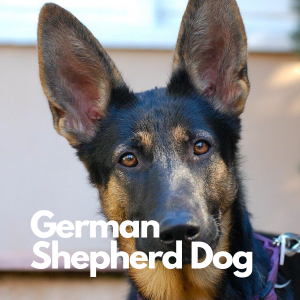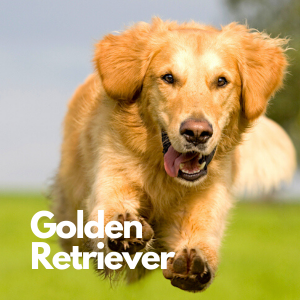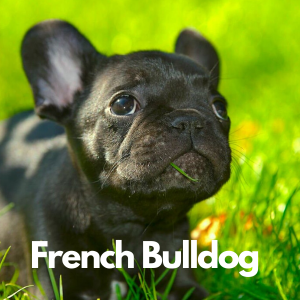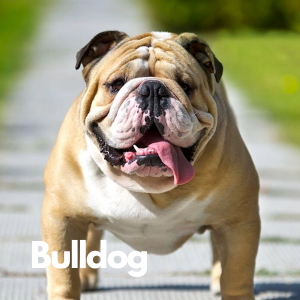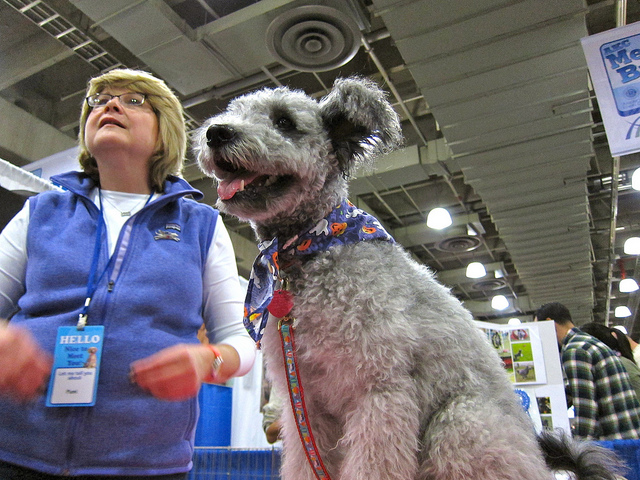
Breed
Pumi
Group
Herding
Physical Description
The pumi is a medium-sized herding dog from Hungary.
The coat is not corded like the Puli but wavy with corkscrews or curls. A noticeable feature of this breed is the elongated muzzle on the long head. The tail curves in a circle design over the back and can include coat colors of black, white, gray, fawn and red.
Pumik (that’s the plural form of pumi) are an average of 15 to 18 1/2 inches tall and vary in weight from 22 to 32 pounds. They have an average life expectancy of around 13 years but may live longer.
Origin
The pumi is a lesser-known breed from Hungary.
Bred from the Puli and crossed with German and French dogs in the 1700s, this breed is also believed to have terrier mixed into its heritage. The dogs were developed to drive and herd cattle and other livestock such as pigs and sheep.
They are also great watchdogs and exterminators of vermin. The breed’s name first surfaced in 1815.
Purpose
Originally used for herding and guarding, the pumi today is also a companion pet, show dog and performs very well in obedience and agility trials.
Temperament
Pumik are reserved with strangers but affectionate with family members.
The leader needs to be made clear or the dog can become stubborn. This breed can also be vocal with barking at times, which may need be controlled through training. These intelligent dogs are easy to train, but you will need to reinforce the commands regularly to curb dominant behavior.
When properly socialized, pumik are good with children and other dogs. This breed is alert and energetic, not a quiet lap dog.
Exercise Needs
The pumi has a high need for regular exercise. They are happiest when they have work or activities to do, so we do not recommend them for apartments.
This outdoor dog requires room to play and exercise and would do best in a suburban or rural area. Pumik love to play and fetch.
Grooming Requirements
The coat is curly but does not develop into cords.
Shedding is minimal with this breed except when you are brushing the dog — which you should do once every week to two weeks, with full or professional grooming done every three months.
Trim the ear hair, clip the nails and brush your pumi’s teeth regularly for optimum health.
This video shows several pumik in action and in a variety of coat colors:

Common Health Problems
If you cringed at the cost and upkeep of grooming, you’ll be happy about this area.
Pumik are extremely health dogs with only a few recurring problems. Hip dysplasia is the most common but still low in frequency.
Other conditions include degenerative myelopathy (spinal cord disease) and primary lens luxation (eye lens dislocation). Other than common canine issues, the pumi is one healthy dog!
Is the Pumi the Right Dog for You?
This energetic dog is not for people with full schedules or someone who wants a lap pet. Pumik need daily exercise and play and do best in suburban or rural areas.
Grooming needs are higher for this breed, but health problems are minimal.
Socialization and regular, reinforced training is important to keep this breed friendly and obedient. The pumi can do well with children and loves the outdoors.
If you have the time, attention, and can provide exercise and play every day, you would enjoy having a pumi as your next dog.
Adopt, Don’t Buy
If you do consider getting a pumi, please look into rescues and adoption resources. Even purebred animals often wind up in shelters. Try out Petful’s adoptable pet search.
Because the pumi is a rare breed, you may not find one through adoption resources. You can also check with rescue groups and breeders. If you do choose to go to a breeder, please make sure the breeder is reputable: Be aware of some common puppy mill warning signs.
Additional Resources
- American Kennel Club: Pumi Page
- Breed Club: The Hungarian Pumi Club of America


